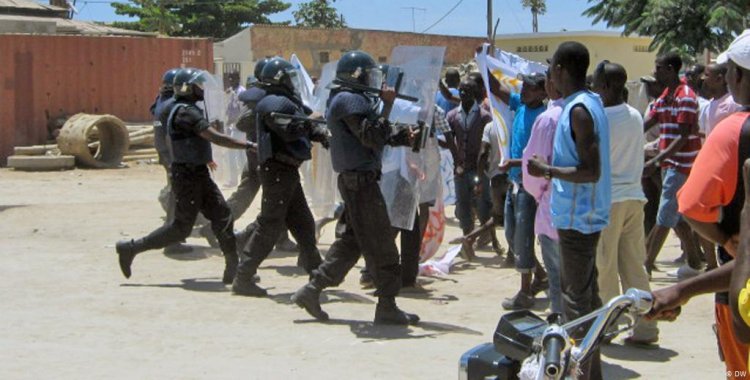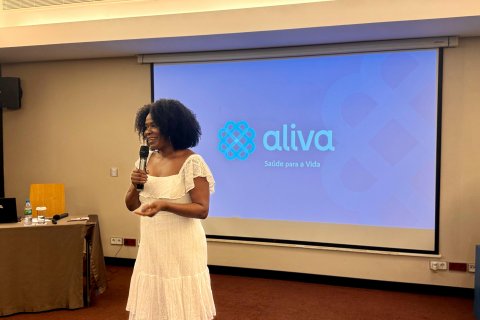In a communiqué, to which the Lusa agency had access, the human rights organization called on the government to opt for fines instead of arresting citizens who violate the restrictions imposed under the state of emergency that the country is observing.
The international organization called on governments to stop using coercive methods to enforce restrictions to protect public health and to ensure that citizens are trained and supported in voluntary compliance with the necessary measures.
"In particular, Angola should avoid imposing prison sentences for violating the restrictions and ensure that any other sanctions, including fines, are proportionate and do not exceed what is strictly necessary," the IA said.
On the case in Cuando Cubango province, the note explained that on 2 December, nine activists from the local non-governmental organization (NGO), Mbatika, who were distributing information on covid-19 and protection products to the San population and traditional communities in the rural area of that province, "were attacked with batons and threatened with firearms by the police, who then detained them and arrested them for eight hours".
According to the IA, Mbatika activists sent a communication on the campaign on 20 March to the local administration, the provincial government and the police, and on 21 March they began working with the San communities in the municipalities of Mavinga, Menongue, Cuito and Rivungo when they were arrested.
Since they were prevented from campaigning and distributing disinfectants, soaps and masks to the local population, the activists have been waiting for the provincial authorities to issue a permit for them to continue working.
The press release stressed that the government of Cuando Cubango has been broadcasting essential information about covid-19 via radio and television, but the people in rural areas do not have electronic emissions due to lack of electricity.
For the IA, the work of local activists and NGOs "has been central to ensuring community access to information on methods to prevent and control the spread of covid-19", stressing that the San population and communities are at greater risk due to food and drinking water shortages caused by the current drought season in the region.
The international human rights organisation considers that access to information is one of the key dimensions to effectively contain the spread of the new coronavirus and protect the right to health, so "the authorities must ensure that all individuals and communities affected have access to clear, timely, reliable and relevant information on the nature and severity of the health threat".
The IA has also reported several incidents of police abuse of force since security forces were put on the streets to ensure public compliance with the national response to covid-19.
One such incident occurred on the 4th of this month, when police "beat 10 people in the streets of the municipality of Buco-Zau, Cabinda province.
Of the group of 10 people beaten, the document reported, seven men were arrested on their way to the market, where they were going to buy food, while two others were arrested on their way back from hospital after the death of a relative.
"Finally, the police arrested another man on his way to the hospital, where his wife was about to give birth. The 10 men spent the night in a prison cell, which, according to some of them, had poor hygiene conditions," the note said.
The individuals were gradually released from 5 April and the last two men were released two days later.
The presidential decree of 26 March, which established the state of emergency, has a provision on the crime of disobedience in the event of violation of the rules on the restriction of the right to movement, and the violation of this restriction is punishable as a crime of disobedience, which allows immediate detention, Amnesty International recalled.
Angola currently has 19 positive cases of covid-19, including two deaths and the recovery of five patients.
Globally, the covid-19 pandemic has already claimed almost 127,000 lives and infected more than two million people in 193 countries and territories. More than 428,000 patients have been considered cured.
The disease is transmitted by a new coronavirus detected at the end of December in Wuhan, a city in central China.







